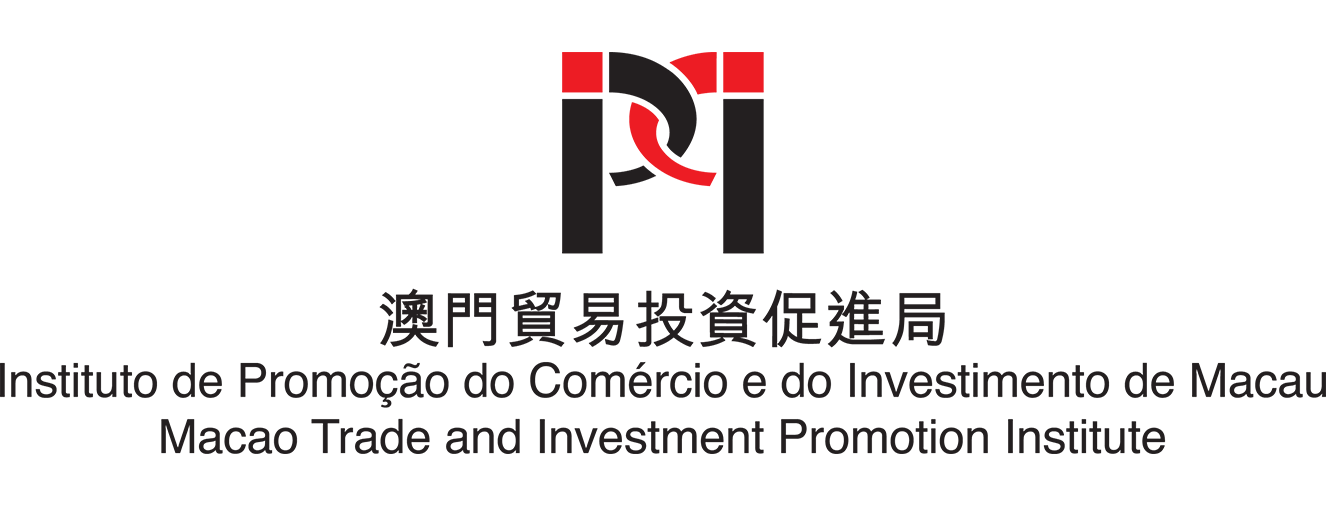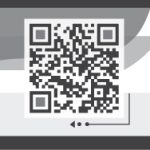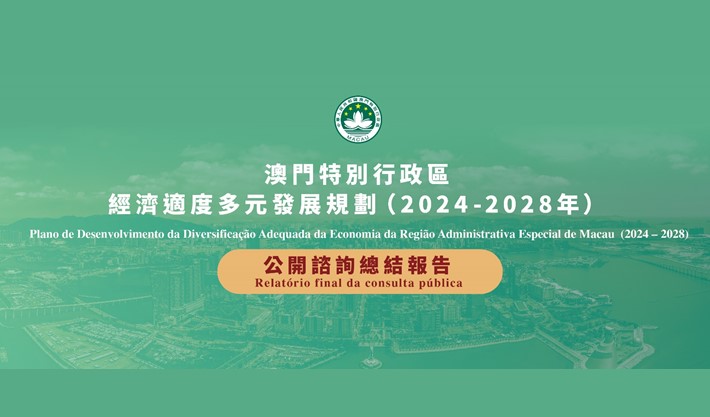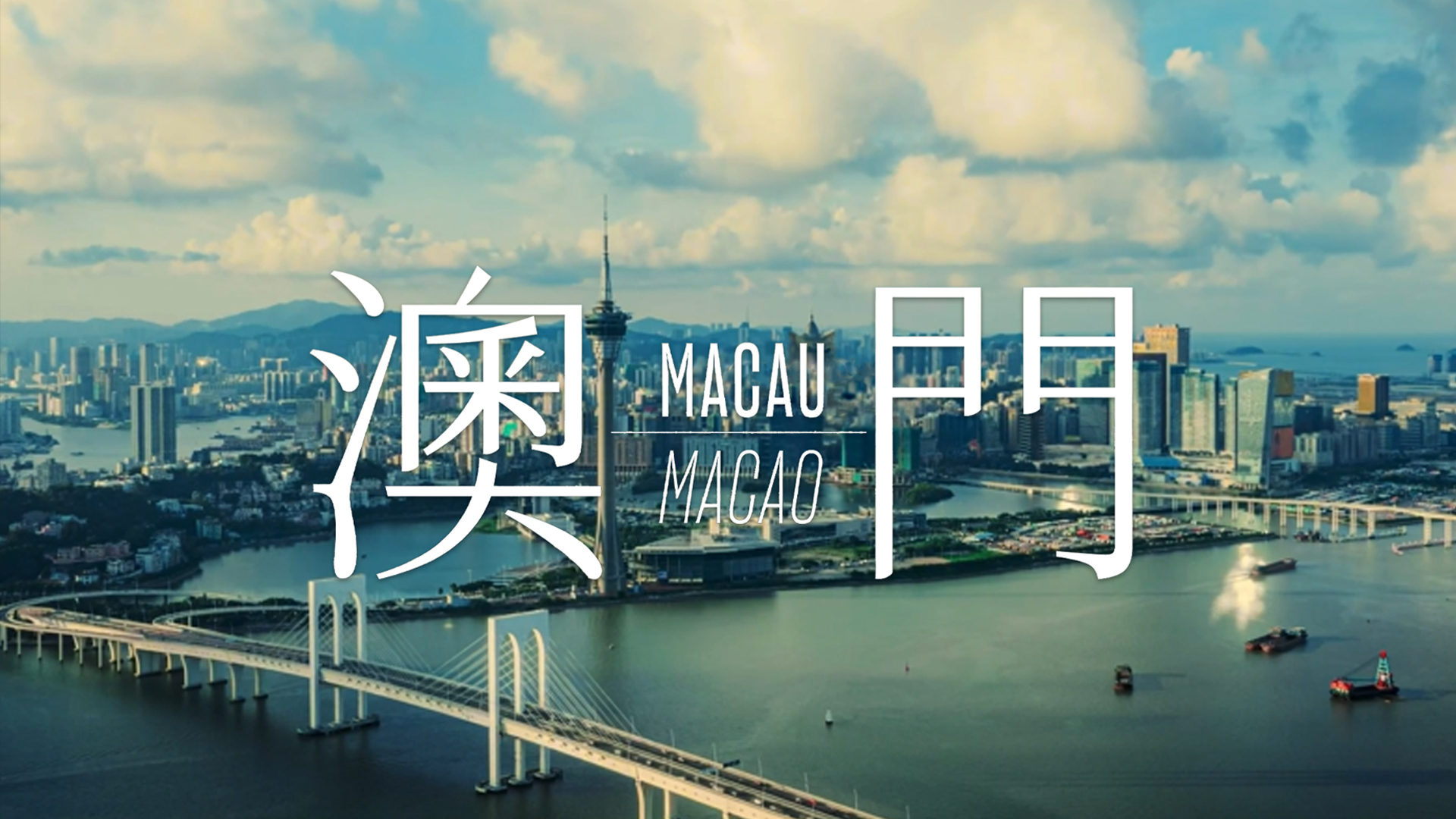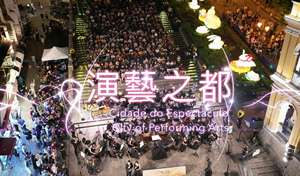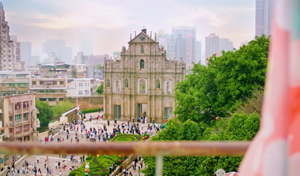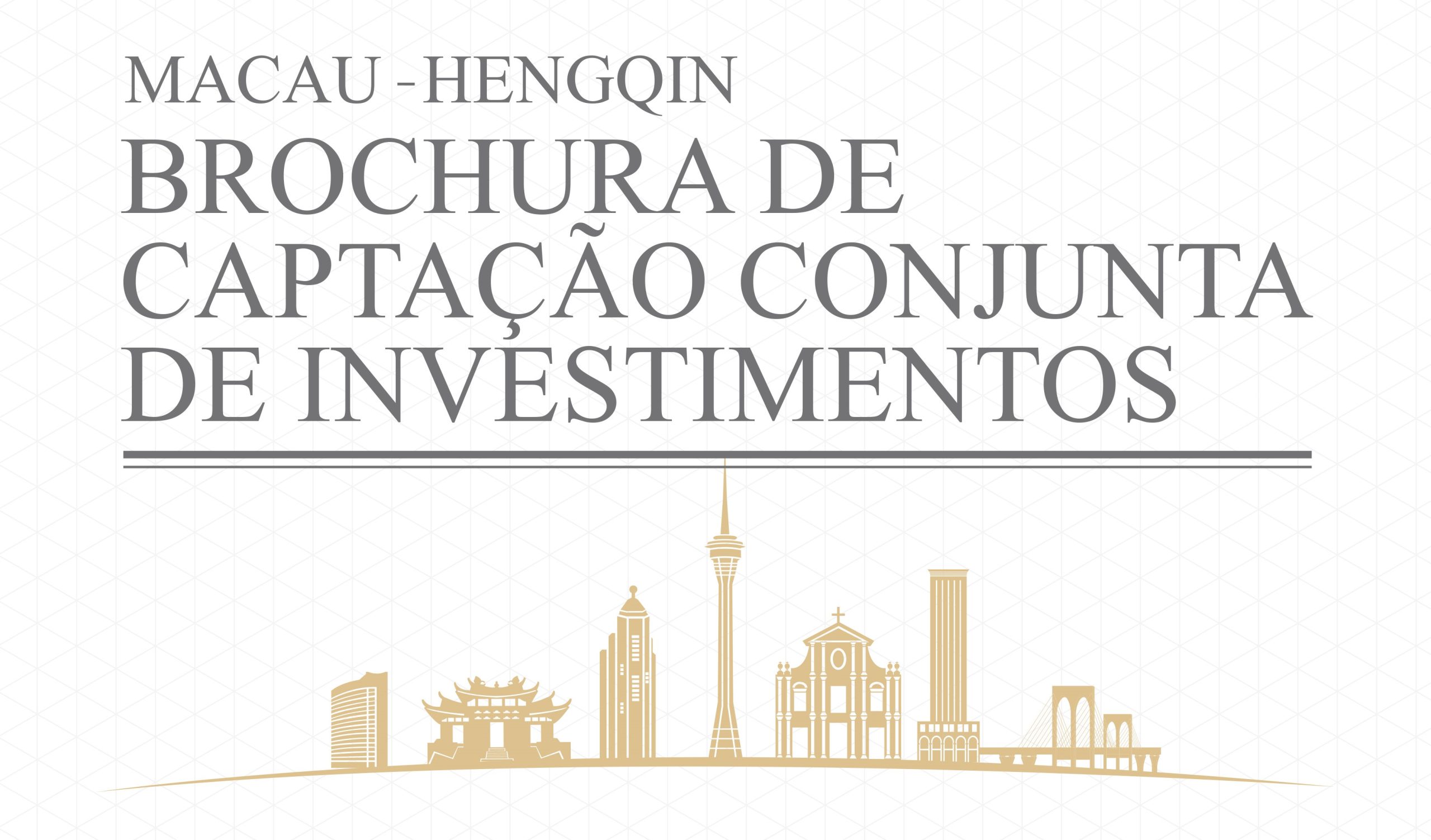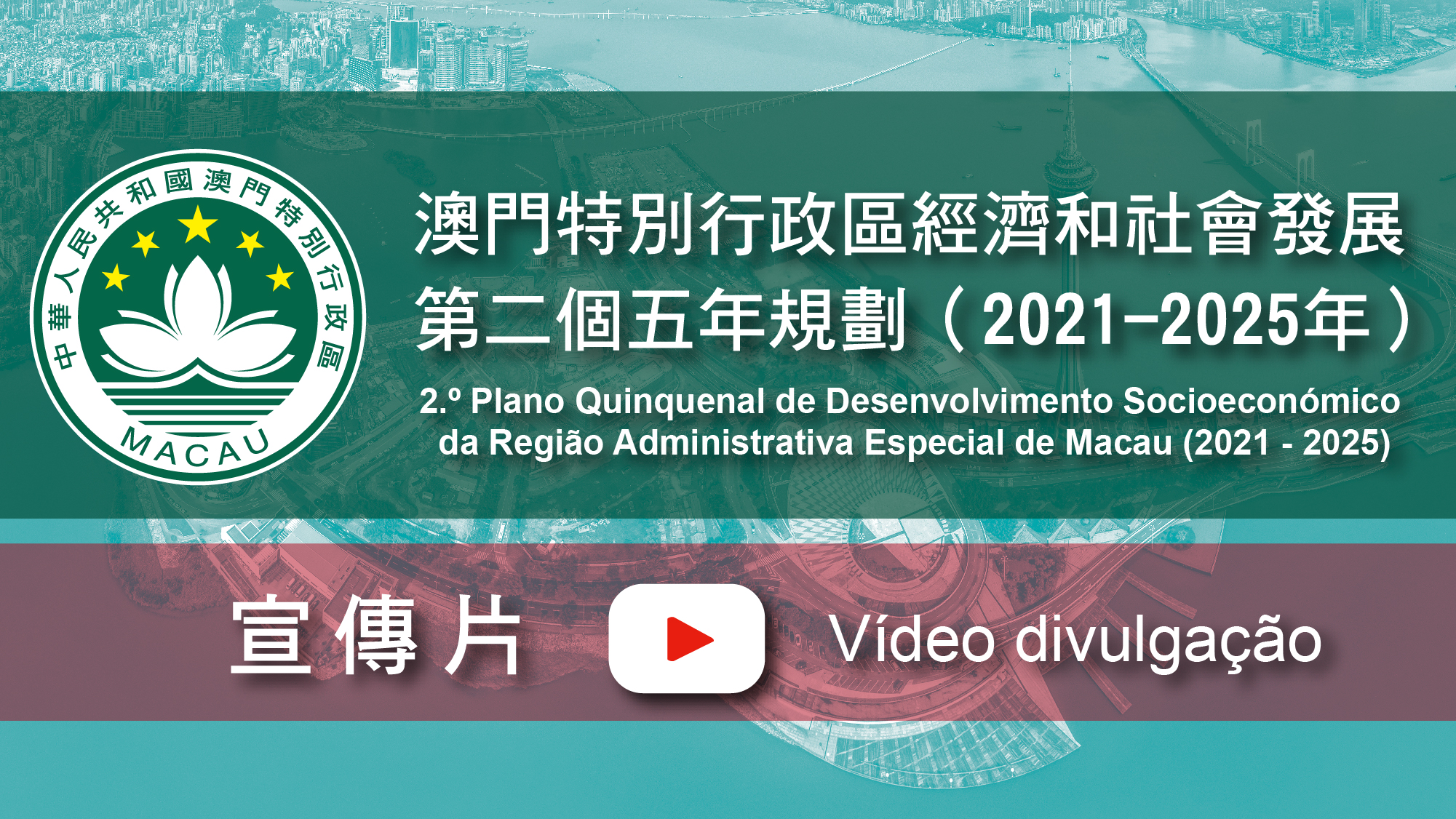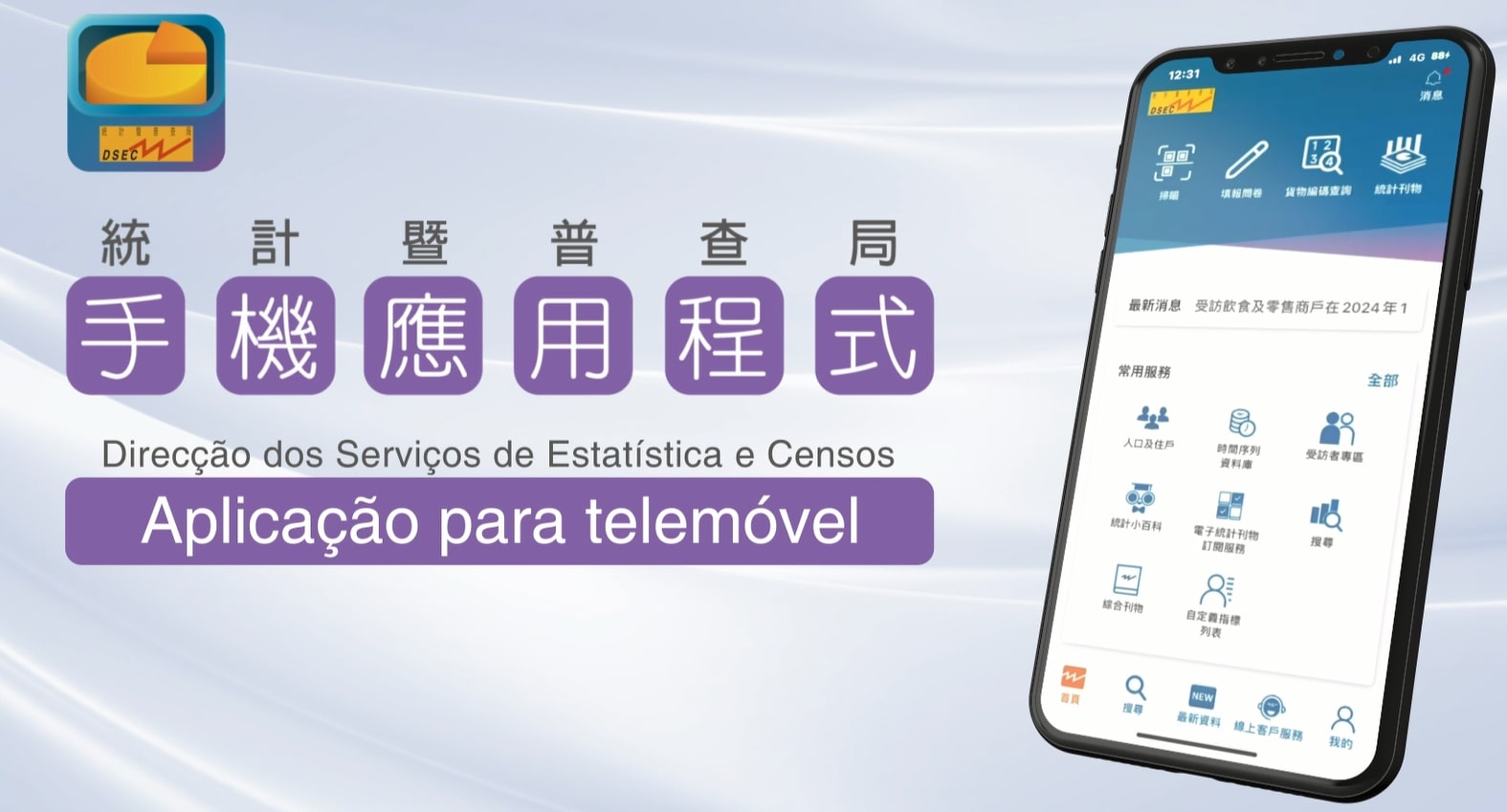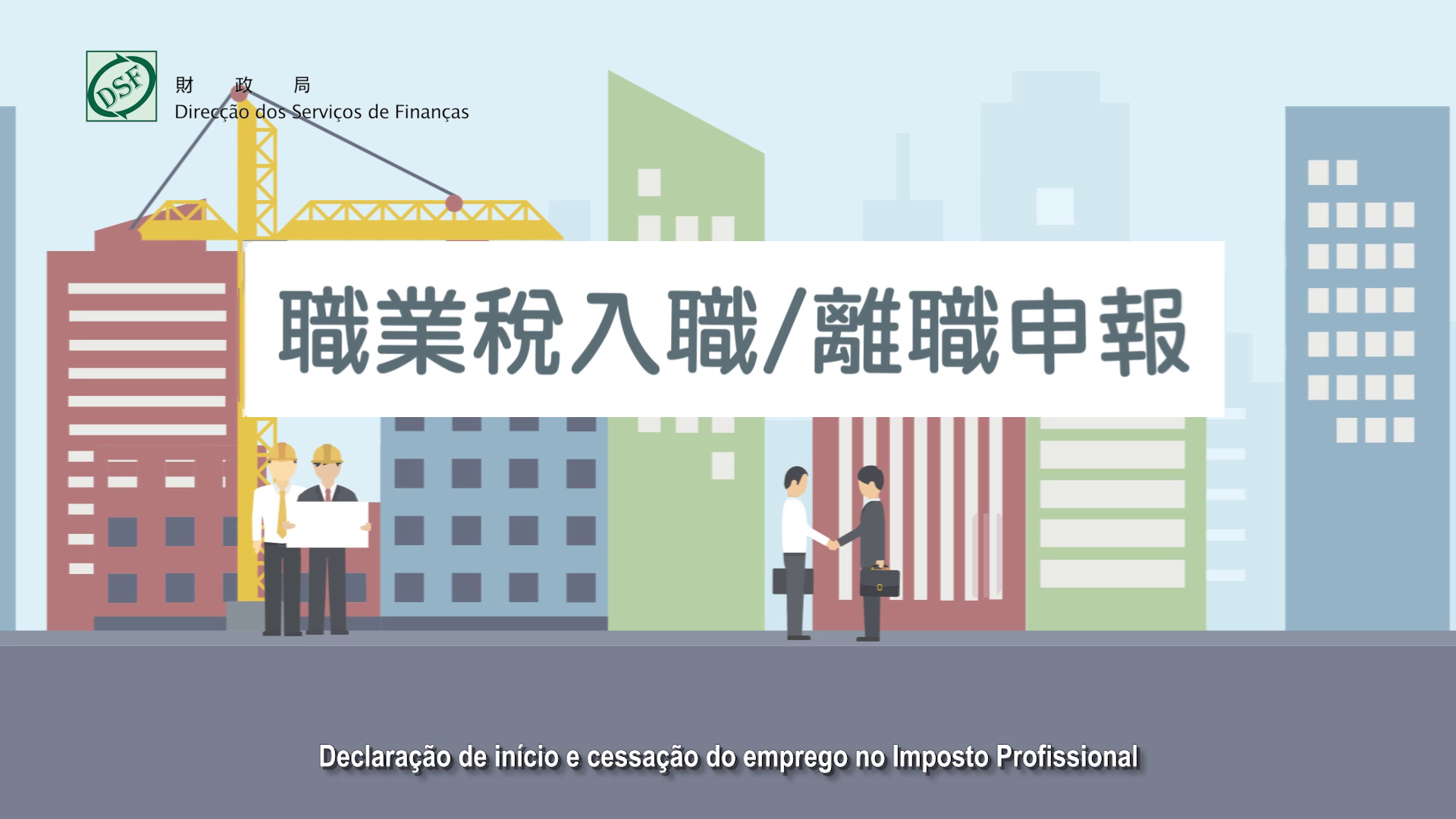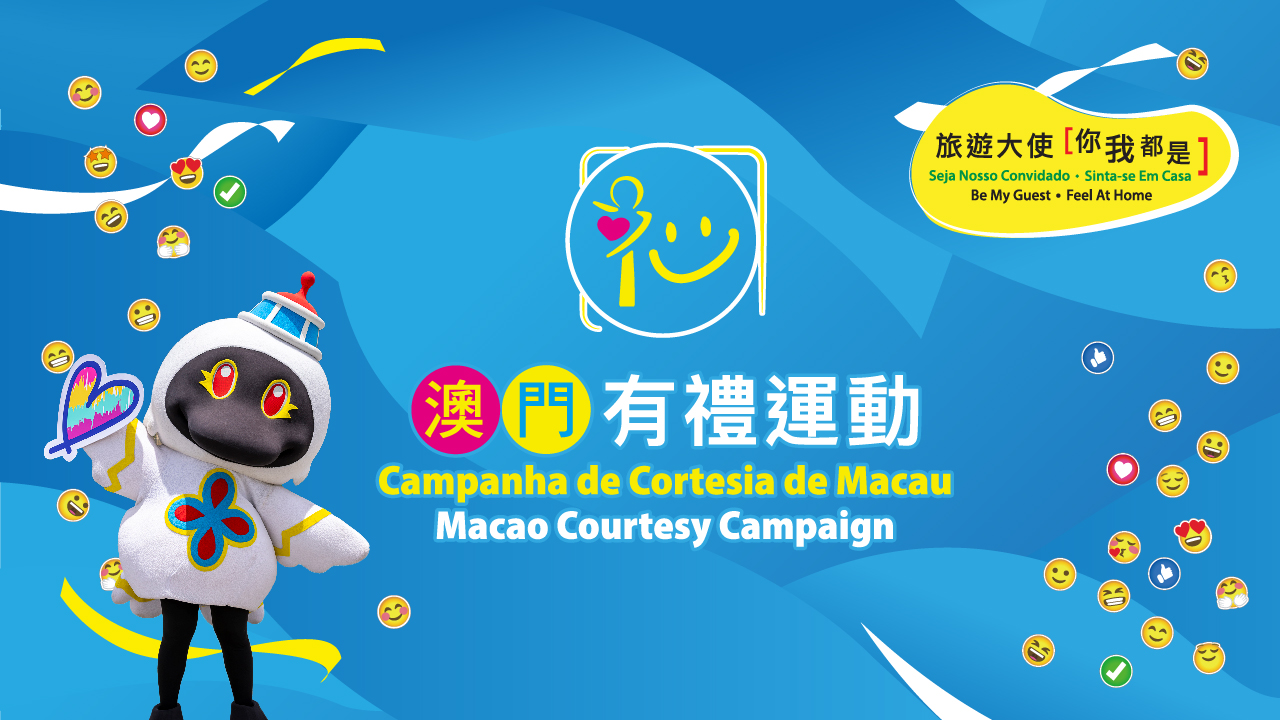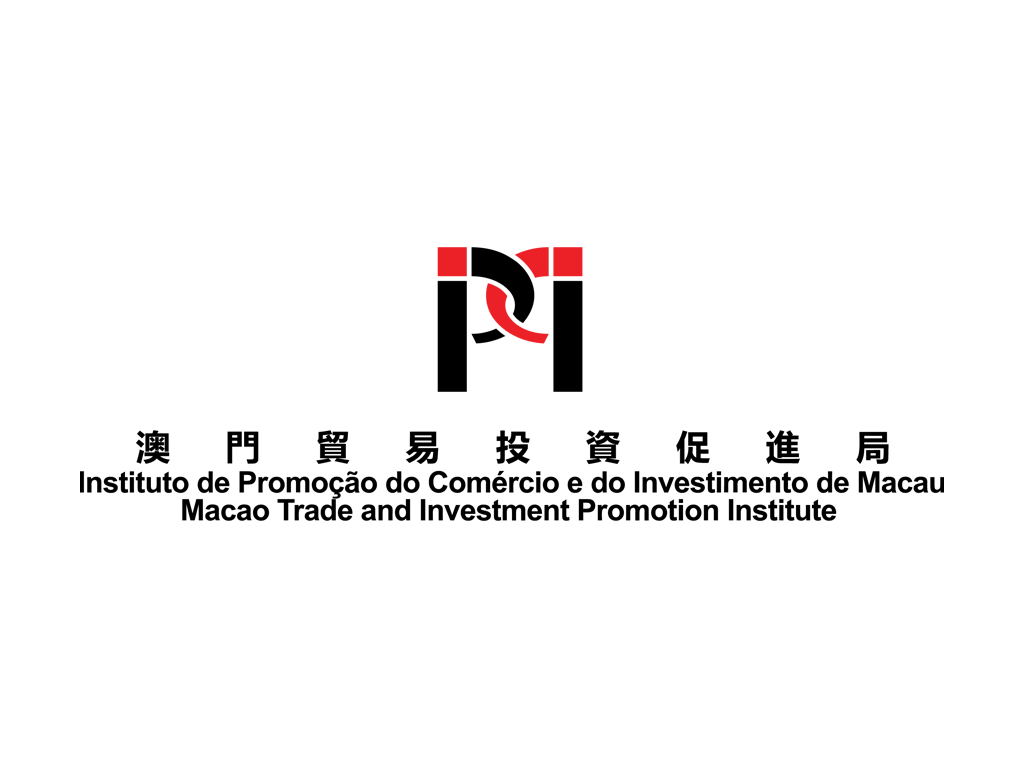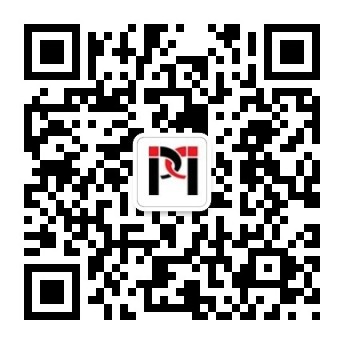Pesquisar
VISAS-FREE ENTRY TO MACAO
Nationals of Australia, Canada, Chile, India, Indonesia, Kiribati, Malaysia, Monaco, Namibia, New Zealand, the Philippines, Samoa, Seychelles, Singapore, South Africa, Thailand, Turkey, the United States of America and Uruguay for a stay up to 30 days.
Nationals of Albania, Andorra, Austria, Belgium, Bosnia and Herzegovina, Brazil, Bulgaria, Cape Verde, Croatia, Cyprus, Czech Republic, Denmark, Dominica, Egypt, Estonia, Finland, France, Germany, Greece, Grenada, Hungary, Iceland, Ireland, Italy, Japan, Latvia, Lebanon, Liechtenstein, Lithuania, Luxembourg, Macedonia, Mali, Malta, Mauritius, Mexico, Moldova, Mongolia, Montenegro, Netherlands, Norway, Poland, Portugal, Romania, Serbia, Slovak, Slovenia, South Korea, Spain, Sweden, Switzerland, Tanzania and Kingdom of Marocco for a stay up to 90 days. Nationals of United Kingdom can stay visa-free for 6 months, and Brunei for 14 days.
Nationals of China with valid Macao entry/exit documents, including residents of mainland China, Hong Kong, Taiwan and overseas Chinese forastayofupto30days.
The “Hong Kong Identity Card”, “Hong Kong Permanent Identity Card” or “Hong Kong Reentry Permit” holders may stay in Macau for a maximum period of one year.
There are three types of Visas:
Individual – MOP100, for individuals for a single stay of up to 30 days in Macao, and MOP 50 for children under 12 years of age.
Family – MOP200 for family groups (couples with children under 12 years of age).
Group – MOP50 per person for tourist groups of 10 or more.
CUSTOMS
There are no restrictions on the amount of money brought in or taken out. Neither are there any export duties on articles such as antiques, gold, jewellery, radios, cameras.
BANNED ITEMS
Banned from import are rearms, dangerous drugs, endangered animal species and in ammable substances.
CLIMATE
Macao has a tropical climate in uenced by the continental climate of central China. It has brief winters when temperatures might drop below 10 degrees, spring (March-April) is humid with alternating hot and cold days, summer is hot (temperatures often above 30 degrees) with plenty of short heavy showers, and autumn (Oct.-Dec.) is the best time of the year, with dry, sunny days and balmy nights.
CLOTHING
Dress is conservatively casual and suited to the weather. Very few places demand ties and jackets but they are expected at business meetings. Visitors should pack a swimsuit if they intend to stay in a rst class hotel, as most of them have pools.
TRANSPORT TO MACAO
By air from Bangkok, Beijing, Manila, Shanghai, Singapore and Taiwan, etc. All passengers using the Macao International Airport are subject to an airport tax and passenger tax of MOP110 (Passenger over 2 years of age). And MOP50 (Transit passengers or those who continue their journey in less than 48 hours after their arrival at the airport (regardless of whether entry formalities are undergone or not).
From Hong Kong by helicopter or fast ferry. Fleets of Jetfoils, Turbocats have at least six sailings an hour (60-70 minutes) throughout the day and at regular intervals through the night.
There are also bus services that run between Macao and Guangzhou from 8.00 am to 8.00 pm.
TRANSPORT AROUND MACAO
Taxis are relatively cheap (but be sure to have your destination written in Chinese) and public buses (fares are MOP3.2-6.4) cover most of the territory. There are cars for hire. Also for leisurely rides you can take a pedicab.
HOTELS
There are various types of hotels and guest houses in Macao, and large hotel resorts with entertainment facilities are being successively completed.
LANGUAGE
Chinese and Portuguese are o cial languages but English is widely spoken in tourist establishments.
TELECOMMUNICATIONS
Macao acquires a range of global communication services, such as International Direct Call (IDD), Mobile Phones, Fax, Telecommunication, Internet Service and Satellite TV service. IDD service could directly reach 219 countries worldwide.
PUBLIC HOLIDAY (2016)
New Year’s Day (Jan 1), Lunar New Year (Feb 8-10), Good Friday (Mar 25), Easter holidays (March 25-27), Ching Ming Festival (Apr 4), Labour Day (May 1), Buddha’s Day (May 14th), Dragon Boat Festival (Jun 9), Day following Mid-Autumn Festival(Sep 16), China National Day (Oct 1), Day following China National day (Oct 2), Chung Yeung Festival (Oct 9), All Souls Day (Nov 2), Feast of the Immaculate Conception (Dec 8), Macao SAR Establishment Anniversary (Dec 20), Winter Solstice (Dec 21), Christmas holidays (December 24-25).
BUSINESS HOURS
Government o ces work ve days a week, starting at 9.00 AM and nishing at 5.45 PM (Monday to Thursday) and 5.30 PM (Friday). Lunch break is between 1.00 PM to 2.30 PM. Most private companies work 9.00 AM to 6.00 PM, take an hour and a half and a half lunch break, and occasionally work Saturday mornings. Banks generally open from 9.00 AM to 5.45 PM from Monday to Friday.
TIME DIFFERENCE
Macao is eight hours ahead of GMT, the same as Hong Kong and China. It has no daylight saving time. When it is noon in Macao it is 2PM in Sydney, 4 PM in Auckland, 5 AM in Lisbon, 4 AM in London, 1 AM in Sao Paulo and 11 PM the previous day in New York or 8 PM in Los Angeles.
MONEY
The pataca(MOP) is pegged to the Hong Kong dollar, at approximately the same value and through the Hong Kong dollar to the US dollar. The Hong Kong currency is a second currency in Macao. Roughly eight patacas equal one US dollar. There are no exchange restriction or any limit to the repatriation of pro t and capital. Money exchanges are available around the clock, at night in hotel and casinos.
TAXES
A 5 % government tax is levied on restaurant and hotel bills. Imports are tax-free. However, some products such as tobacco, alcoholic beverages and vehicles are subject to a consumption tax. Pro t tax is levied on net pro t derived from commercial or industrial business and is a shading-scale tax varying between 3% and 12%. Property tax is 10% or 16%, can be exempted if the property is used for industrial purposes, Stamp duty is a sliding-seale tax varying between 1% and 3% levy on property-transfer transactions. A xed industrial tax of US$37.5 is imposed annually on all commercial and industrial activities.
MEASURES
Macao uses metric measurements, although traditional Chinese measures (such as taels of gold, latties’ of rice) are still in daily use.
ELECTRICITY
Electricity is 220 volts and 50 cycles AC.
